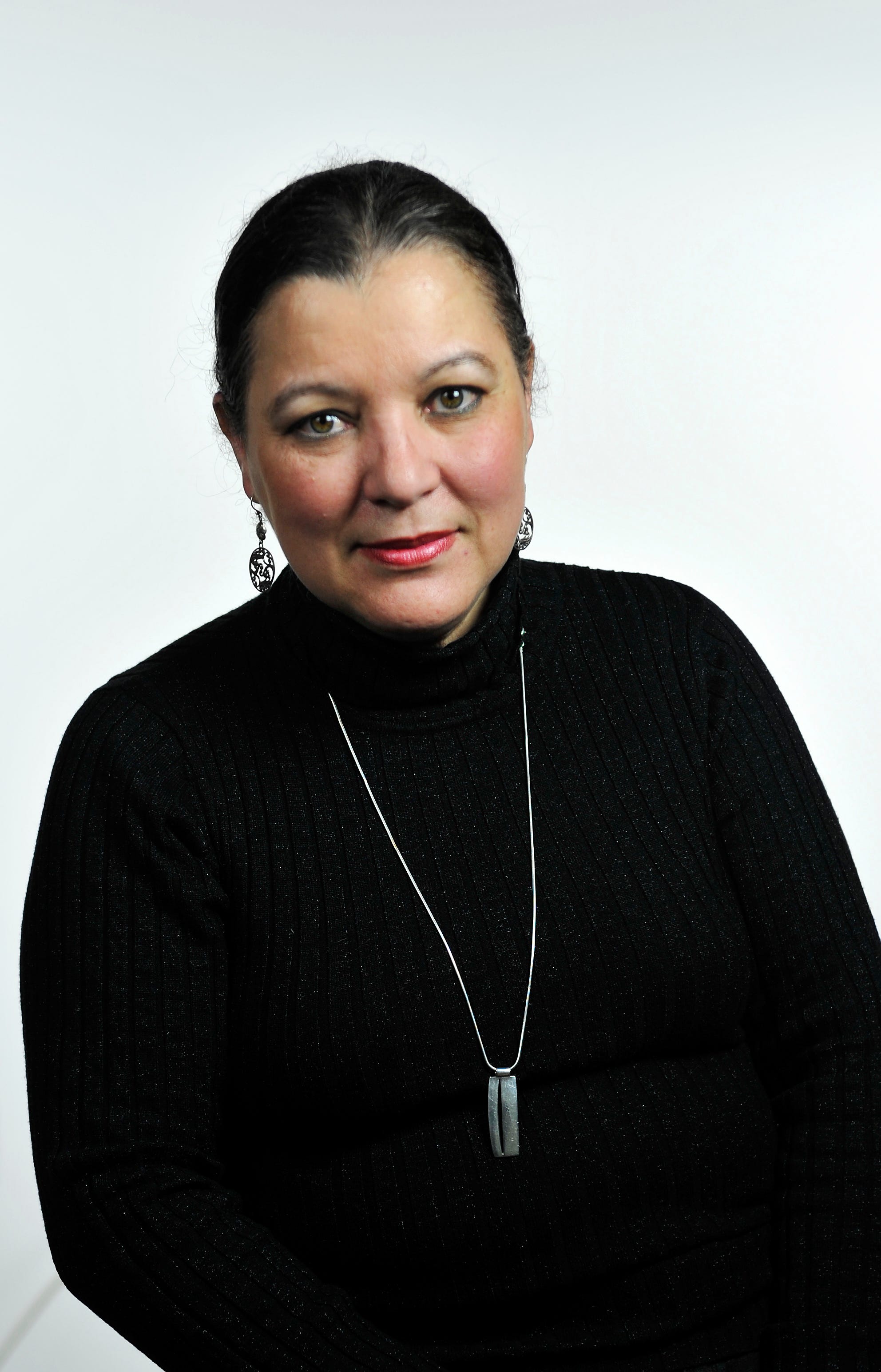Leaders, activists, community search for solutions to homicide rate
 Oralandar Brand-Williams
Oralandar Brand-WilliamsPolice officials, community leaders and academic experts agree the high rate of homicide among young black males is an emergency that requires urgent action, both nationally and in Detroit.
What's less clear is how to stop the carnage.
Root causes cited for the bloodshed include the readily availability of guns, the high poverty rate in predominantly black cities such as Detroit, and a lack of educational and recreational opportunities for young African-Americans.
"The devastating and disproportionate impact that homicide -- almost always involving a gun -- has on black men, boys, women and girls in America is an ongoing national crisis," said Josh Sugarmann, executive director of the Violence Policy Center.
Statistics on the prevalence of firearms in the homicides of young black men in Detroit bear that out.
As of Aug. 1, 64 African-American men between the ages of 18-35 had lost their lives to gunfire in Detroit, out of 175 homicides in the first seven months of this year, according to figures from the Detroit Police Department.
Detroit police officials have redeployed officers to the department's Homicide Section to help investigate killings.
Six detectives and one sergeant were added to the Detroit Police Department's Homicide section last month, and a new City Wide Support Squad was formed to allow investigators to concentrate on current cases, rather than being pulled off for new ones.
"We're moving the needle in the right direction," said Police Chief James Craig, pointing to initiatives such as The Brotherhood, a department program in which officers mentor teens to help steer them away from crime.
Sergeants Shawn Gunning and Marcus Thirkill started the program, in which officers meet every week with about 50 youngsters on opposite sides of the city at a community center. There, youths aged 13-18 receive educational help and a “safe haven” from the streets.
"(The kids) said they don't have anything to do and they just hang around their friends and they wanted a safe haven," Gunning said. "I know for sure on the east side we've seen over a 30 percent reduction (in crime) in that particular area."
Through the program, the teens meet male role models who can try to help them stay away from crime.
"Something had to be done," he said. "This will have an impact in the long run."
Thirkill said he believes the youngsters in the programs "are getting the message" about avoiding troublemakers.
Community activists like minister Malik Shabazz, of the the Marcus Garvey Movement-The Black Panther Nation, say the black community must take the lead in stopping the violence that's cutting short the lives of so many young African-American males.
Every weekend, Shabazz leads a group of Detroiters in a vigil or rally at a scene where a murder has taken place in an effort to help families and police find the killer or killers. Sometimes the demonstrators carry pictures of suspects.

"We have been out here in the streets now for 35 years and I'm sorry to say that it still hurts me," he said. "It is shocking and amazing in a horrific way. We are being beaten, robbed, murdered and it's a daily occurrence."
Shabazz says many of the murders of African-Americans are at the hands of other black males. The Detroit Police Department and the Wayne County Prosecutor's Office say they do not keep records on the race of the assailants of African-American men.
Shabazz said part of the solution is helping police with information about murders and also joining community groups that are involved in efforts to stamp out violence.
"We all got to do something," he said. "It's not a police issue. We expect police to solve (murders) without our help. We need to declare an emergency. We got a problem. Government can help. Government should help. This (effort to end violence) needs to be led by black folks. We need to get up and stand up and get organized."
bwilliams@detroitnews.com